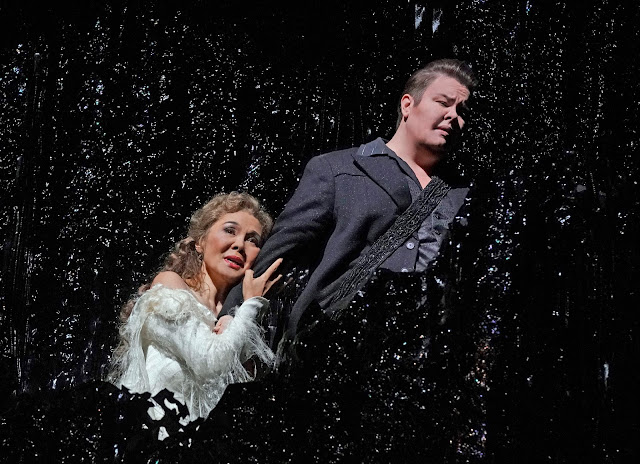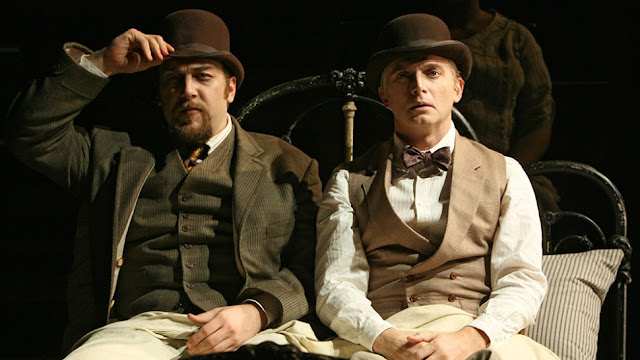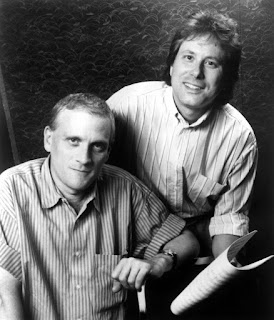A Tale Of Two Evitas (Analysis and Review)

I have gathered that I am somewhat unusual among fans of the Tim Rice and Andrew Lloyd Webber musical Evita in that I actually like the 1996 film adaptation. Moreso than liking it, I think it's actually good. The reasons why people don't like movie adaptations of popular musicals can be subtle and complicated, and a well-known case in point has been made by Lindsay Ellis' analysis of Joel Schumacher's adaptation of The Phantom Of The Opera . In her analysis, Ellis points to elements of framing, changes to the material, and the subtleties of cinematography that make Phantom an exceptionally weak adaptation of incredibly strong musical. But when you ask the average person what went wrong with the Phantom movie, the answer you usually get is "Gerard Butler can't sing." And this is a pattern with a lot of movie musicals. The changes can be numerous and subtle, but the ones that people tend to notice up-front are "they cast movie stars who can't...


